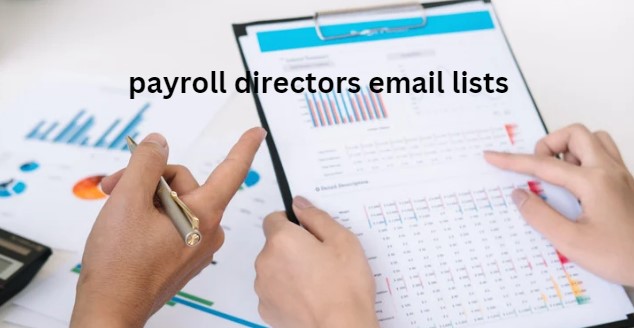Your email should confirm the appointment date and time and then briefly list your agenda:
“Luis, the call should only take 10 minutes. We will review the proposal and I will answer any questions, and then we will determine the next steps, if any.”
Notice how the words echo those used when the sales payroll directors email lists follow-up was initially set up . In particular, notice the trigger phrase “…next steps, if any.” The “if any” will help reduce some of the “stress” or worry a first-time prospect may have.
Often, prospects skip the follow-up call because they're worried about having to commit. This is natural and okay. If the prospect senses an easy, casual, no-pressure phone call, they're more likely to take it.
Don't forget about added value
Note that in the subject line there is a reference to an article. At the end of your email, add a Pd that says:
«Ricardo, in the meantime, here is an article I thought you might like, about…»
, the market, a product, or better yet, something unrelated to the business you discussed on your initial call. This creates incredible value even if the customer doesn’t open it.
Why? Because you took the time to do something extra. This helps to remember you and gives the customer one more reason to take your follow-up sales call .
Of course, this means you have to do some extra homework. Start looking for articles of interest and value related to your market, industry, etc., and keep a file of them because you can use them again and again.

Call on time
Don't start your relationship on the wrong foot. Never be late . The promptness and respect you show in a follow-up sales call reflects on you, your company, and its products.
It's that easy.
Avoid the wrong starts that most sellers make
This is where many sales reps stumble. Here are some classic mistakes when starting a sales follow-up call :
"I was calling to follow up on the proposal."
"The reason I'm calling is to find out if you've made a decision."
"I'll call you to see if you have any questions."
